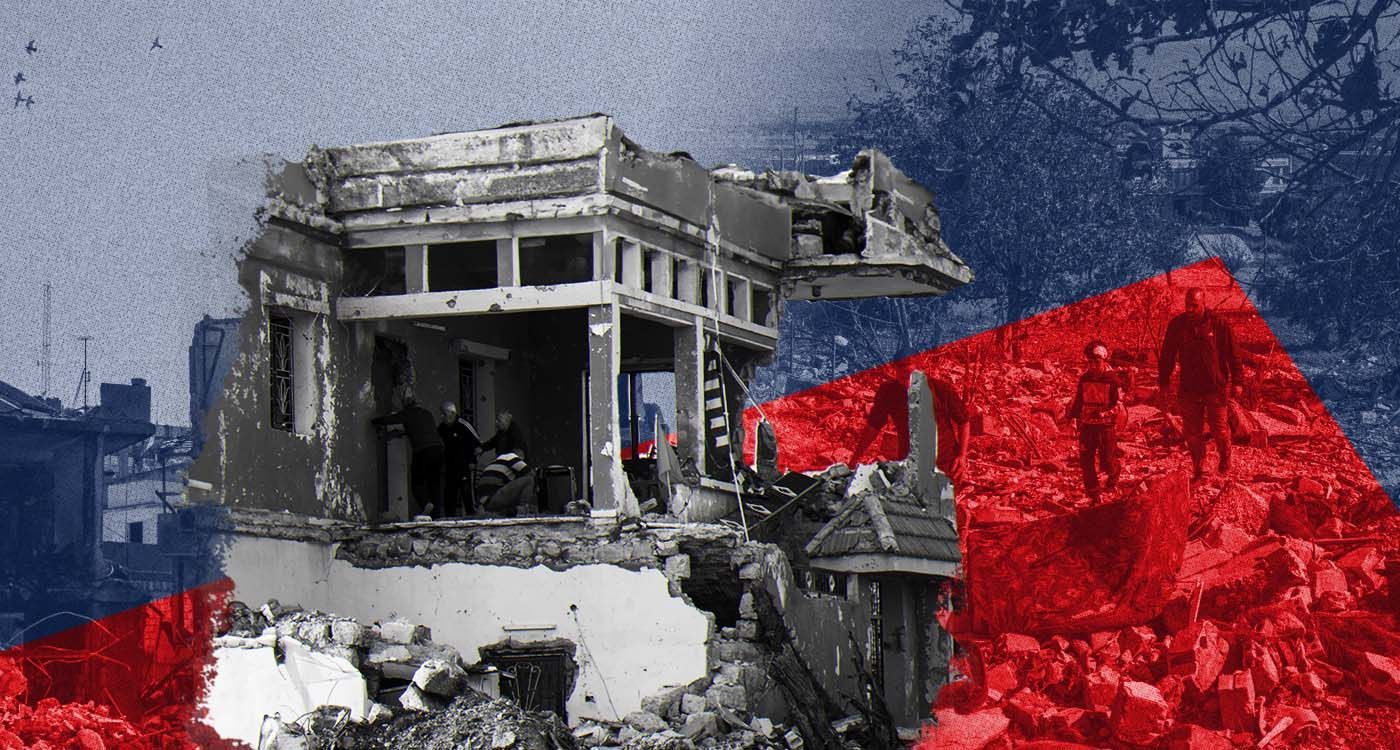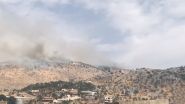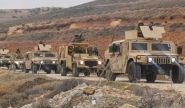
“What we want is not just to survive. We want to live.”
One year after the ceasefire, south Lebanon remains a land fraught with tension. Even when the strikes seem to ease, the shadow of war lingers. Israel’s sporadic bombardments never truly stop, and each moment of calm feels like a brief pause in an invisible countdown. Life here is fragile, shaping a population caught between the urgent need to rebuild and the instinct to flee.
In the border villages of Odaisseh, Khiam, Rmeish, and Bint Jbeil, reconstruction comes in fragments. “We fix a window, repaint a wall, but why invest more when it will just be destroyed again? Why rebuild when nothing is ever truly finished?” says Mona, a Marjayoun resident. Suitcases remain packed, always within reach. A routine as absurd as it is essential.
Life in Suspension Mode
After months of escalating tension, residents cautiously try to resume normal life. “We only do the bare minimum. We no longer plan. The rest is on hold, just like our lives,” says Hussein, a father of three in Khiam. Schools are gradually reopening, and farmers are slowly tending to damaged olive groves, yet every activity hangs on the uncertainty of the next strike.
Local solidarity fills the void left by absent state institutions. “The government promises security, but it lacks both the means and the trust of the people,” explains Samir from Marjayoun. This sense of abandonment has led some residents to consider relocating elsewhere in Lebanon.
An Economy on Pause: Rumors Rule the Market
The fragile truce is insufficient to revive the local economy. Rumors spread like wildfire, affecting markets, schools, and investments. Residents are left unable to plan for the future. Merchants and consumers recount the same story. Markets rise and fall on the whims of gossip. “The problem is everyone loses: customers, shopkeepers, and the local economy,” says Fahed, a grocer in Khiam.
Few sectors have regained normal rhythm. “We can’t plan anything anymore—not a tourist season, a harvest, or even restocking products,” says Georges, a supermarket owner in Marjayoun.
Schools operate, but slowly. Even universities in the south are seeing declining enrollment, as many students choose to study in Saida or Beirut, preferring distance to fear.
“This instability affects schools, where parents fear for their children’s safety, resulting in frequent absences and making it extremely difficult to plan the academic year,” says a high school principal in Taybeh.
The Digital Front
In this fragile situation, another war is raging, one of misinformation. Anxiety spreads rapidly on social media and WhatsApp, fueled by a constant stream of videos, alerts, and speculation. In this unfiltered digital space, accurate information is lost in a sea of rumors.
“We get one piece of information, then its opposite. We don’t know what to believe anymore, which makes it impossible to live a normal life,” says Lina, a resident of Ebel el-Saqi.
Information fatigue is taking its toll. “We’re exhausted by this constant overload,” says Samia, who has turned off her notifications three times this month, only to reactivate them out of fear of missing something important.
Amid the avalanche of online content, social media alerts fuel confusion and intimidation. On November 17, the village and municipality of Aytaroun were warned of an imminent strike with no specifics on time or location. Within hours, panicked parents pulled their children from school, families fled, and WhatsApp groups circulated alarming and often contradictory messages.
Survive or Live?
“Every day we hear about a new front that could open. The tension is always there,” says Farid.
The south no longer faces just bombs; it is fighting uncertainty, magnified by a constant stream of intrusive notifications. Time feels frozen between strikes, rumors, and stalled reconstruction.
“We have survived worse,” says Maha, displaced from Kfar Kila. “But now, what we want is not just to survive. We want to live.”



Comments